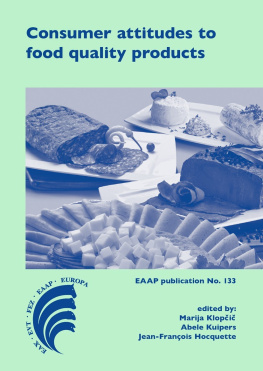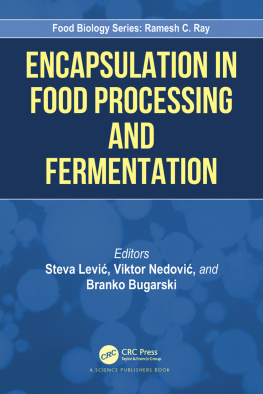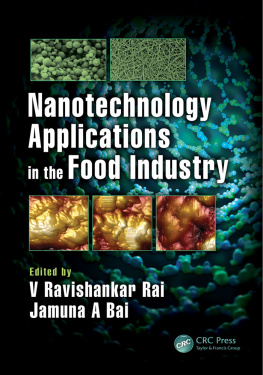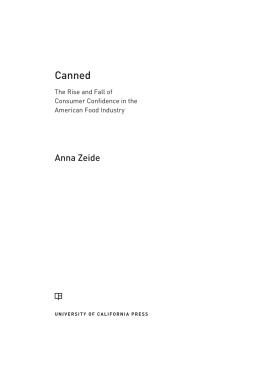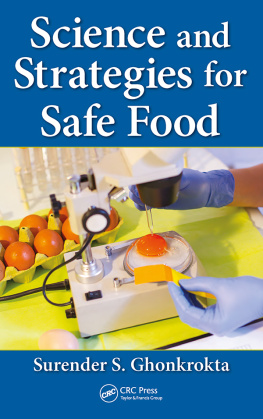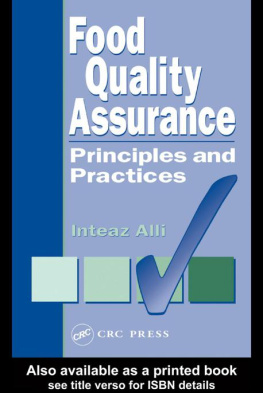Hocquette Jean-François - Consumer attitudes to food quality products: Emphasis on Southern Europe
Here you can read online Hocquette Jean-François - Consumer attitudes to food quality products: Emphasis on Southern Europe full text of the book (entire story) in english for free. Download pdf and epub, get meaning, cover and reviews about this ebook. City: Wageningen, year: 2013, publisher: Imprint, Wageningen Academic Publishers, genre: Children. Description of the work, (preface) as well as reviews are available. Best literature library LitArk.com created for fans of good reading and offers a wide selection of genres:
Romance novel
Science fiction
Adventure
Detective
Science
History
Home and family
Prose
Art
Politics
Computer
Non-fiction
Religion
Business
Children
Humor
Choose a favorite category and find really read worthwhile books. Enjoy immersion in the world of imagination, feel the emotions of the characters or learn something new for yourself, make an fascinating discovery.
- Book:Consumer attitudes to food quality products: Emphasis on Southern Europe
- Author:
- Publisher:Imprint, Wageningen Academic Publishers
- Genre:
- Year:2013
- City:Wageningen
- Rating:3 / 5
- Favourites:Add to favourites
- Your mark:
Consumer attitudes to food quality products: Emphasis on Southern Europe: summary, description and annotation
We offer to read an annotation, description, summary or preface (depends on what the author of the book "Consumer attitudes to food quality products: Emphasis on Southern Europe" wrote himself). If you haven't found the necessary information about the book — write in the comments, we will try to find it.
Abstract: Quality foods, such as traditional, EU certified, organic and health claimed are part of a growing trend towards added value in the agri-food sector. In these foods, elements of production, processing, marketing, agro-tourism and speciality stores are combined. Paramount above all is the link to the consumer, which requires a personal approach. At this point, one enters the field of food consumer science. This can be seen as a hybrid of two distinct sciences. On one hand, there is the hardware component, i.e. the science of food. On the other hand, the software component, related to the science of consumers preferences and behaviour. In animal science, nearly all attention is given to the hardware aspect. However, to build a successful business in quality food products, the software aspect is essential. This publication devotes special attention to the consumer and gives insight into an area of knowledge still very much in development. It is intended to enhance understanding of the complex relationships in the route from products to consumers and offers practical solutions in this field. This publication includes review articles covering basic aspects of food consumer science and research trends in the field, and a series of country reports and articles on relevant studies related to the topic, with emphasis on Southern Europe
Hocquette Jean-François: author's other books
Who wrote Consumer attitudes to food quality products: Emphasis on Southern Europe? Find out the surname, the name of the author of the book and a list of all author's works by series.

